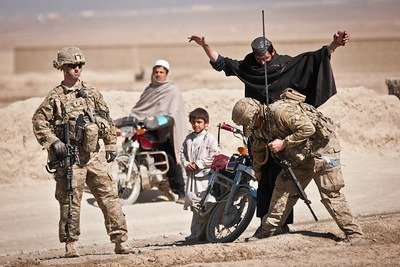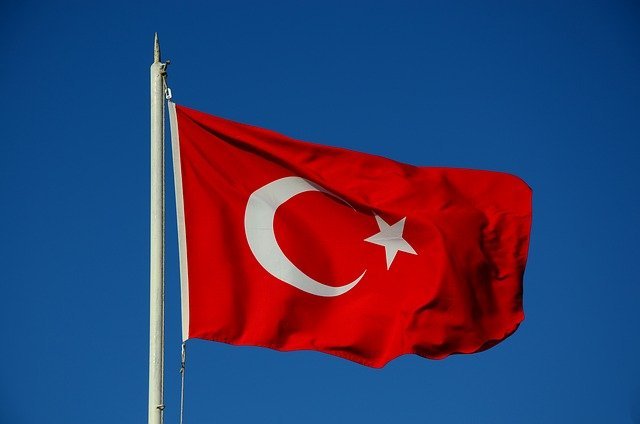
Book Name:
The Afghanistan Papers : A Secret History of the War
Author:
Craig Whitlock
Please note that this article may contain affiliate links. If you use to buy something, we may earn a commission. Thanks!!!
The crashing of hijacked planes into the World Trade Center and on Pentagon on September 11, 2001, by the reported hijackers of Al-Qaeda alarmed the Americans about their safety in this isolated continental mainland which had not faced any direct death or destruction from outside world or its immediate neighbors apart from Japanese attack on the Pearl Harbor.
Also Read; Steering Pakistan in a zig zag world
News channels repeatedly reported and broadcasted the footage of this destruction to Americans creating a sense of fear and anger in them to retaliate on it.
It was for the first time after WW2 that Americans as a nation unanimously decided to go to war. In Vietnam and the Gulf Wars, the Americans were divided about the cause and utility of these wars.
The book in discussion reviews the longest war fought by Washington after the Cold War the roles played both by the political and military commanders in it and what lies and hoodwinking they did to common Americans and to the outside world.
Also Read; Private vs Collective, property in chaotic Afghanistan
1. The first part of the book deals with the 9/11 attacks, the toppling of the Taliban government and the establishment of a UN-led political set-up in Kabul under the administration of Hamid Karzai. This gave a sense of euphoria and power to the US and its allies.
2. Each thing on this planet Earth has its capacity beyond which it loses both its capacity and capability, as well. The same was the case in Afghanistan when the US invaded Iraq in 2003 and fully demolished the falling Saddam regime under the name of Wide Mass Destruction (WMD). This stretched Washington’s resources and also back-benched Afghanistan in the policy and discussion of the White House and Pentagon.
3. The third part is about the Taliban strategy which gave ample space to the US to make them feel good. This honey trap was now costing the Pentagon too much. 2006 was the year when suicide bombings, IEDs, and ambushes were causing men and material loss to Washington and the Taliban were making their presence felt both n Afghanistan and outside the world as well.
Also Read; Words that rejuvenates
4. President Barrack Obama decided to deploy more forces in Afghanistan to strengthen the US and allies forces in the country. Robert Gates who served under President George W . Bush also served with President Obama to give continuity to the war efforts of Washington in Afghanistan. General David D. McKiernan who was commander of the US forces, was replaced with two new US generals, McChrsytal and Rodriguez.
The reason quoted for this removal is that General McKiernan seriously reported flaws and drawbacks in the US-Afghan policy to the White House and Pentagon.
He celebrated the killing of Osama bin Laden in Abbottabad, Pakistan by the US SEAL team which would, as he said, break Al-Qaeda and Taliban morale and resilience on the ground. But the reality is that this killing had little effect on Al-Qaeda whose command and infrastructure had already been shattered. The Afghan Taliban on the other hand intensified their guerrilla attacks on Afghan and US forces.
6. The sixth and last part is about the political usage of war. War euphoria is the most common technique in politics to get one’s hand over their opponents. Before and during his presidential campaign, Donald Trump would point out the men and material loss of the United States in Afghanistan and would repeatedly ask for its stopping.
But as the President of the United States, he was now calling for a victorious US Army in Afghanistan. Quite possible that civil and military establishments may have frightened him of the political cost of stopping this war for his presidency and political future.
The six parts of the book, each subdivided into different chapters dealing with different problems and issues of this twenty years-long war of Washington in Afghanistan is a must-read for all. Not only for political, military, civil, and academia but also for the general masses as well to learn from history and know the new recurring paradigms of events in future.
5. The fifth part is on the political-military steerers. The government and military officials usually do not take responsibility nor do they speak truth for anything serious that they did or have faced during their service. Defense Secretary Leon Panetta also followed this when he was questioned about US military success in Afghanistan by Congress.


